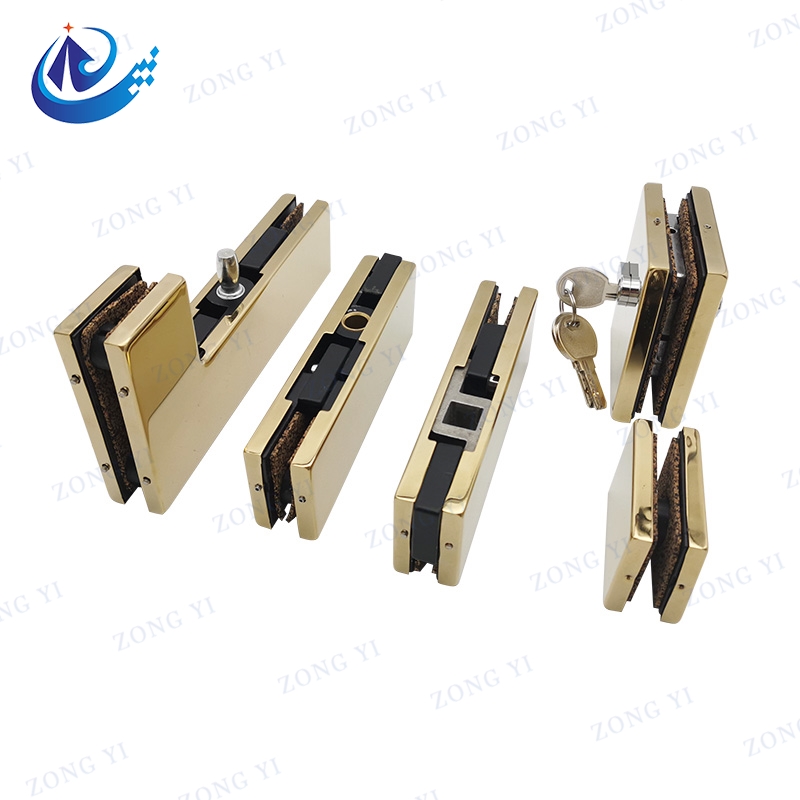The Importance of Choosing the Right Door Lock
2025-03-24
A door lock is one of the most fundamental components of home security. Whether for residential, commercial, or industrial use, selecting the right lock can make a significant difference in safety, convenience, and peace of mind. With numerous options available, understanding different types of locks and their benefits is essential.
Types of Door Locks
Deadbolt Locks
Deadbolt locks are among the most secure options for residential properties. They feature a solid metal bolt that extends into the door frame, making it difficult for intruders to force entry. Deadbolts are available in single-cylinder (operated with a key from the outside and a thumb turn on the inside) and double-cylinder (requiring a key on both sides).
Knob Locks
Commonly found in interior doors, knob locks are convenient but not ideal for external security. The locking mechanism is housed within the knob, making it vulnerable to forceful break-ins. They are best used in combination with deadbolts for added protection.
Smart Locks
Technology has revolutionized door security with the advent of smart locks. These locks can be controlled via smartphones, keypads, or biometrics, providing keyless entry and remote access. Many smart locks also feature real-time monitoring and integration with home security systems, enhancing safety and convenience.
Mortise Locks
Popular in commercial buildings and high-security residential doors, mortise locks are durable and reliable. Installed within the door rather than on the surface, these locks provide superior resistance to tampering. They often include multiple locking points, making them one of the strongest options available.
Keyless Entry Locks
Keyless entry locks, including keypad and fingerprint locks, offer convenience without the need for traditional keys. These locks are ideal for families, businesses, and rental properties where multiple people require access. They eliminate the risk of lost keys and can be reprogrammed easily.
Factors to Consider When Choosing a Door Lock
Security Level
The primary purpose of a lock is to provide security. Consider the lock’s resistance to picking, drilling, and forced entry. Look for locks with high-security ratings, such as those certified by ANSI (American National Standards Institute) or other regulatory bodies.
Convenience
Ease of use is another critical factor. Smart locks and keyless entry systems offer great convenience, especially for those who frequently forget keys or require remote access control.
Durability
A lock should withstand daily wear and harsh weather conditions. Materials such as solid brass, steel, and reinforced alloys provide long-lasting durability.
Aesthetic Appeal
While security is the priority, the design of the lock should complement the door and overall home décor. Modern locks come in various finishes, including brushed nickel, bronze, and stainless steel, to match different styles.
Conclusion
A reliable door lock is an essential investment in safety and security. With various options available, selecting the right lock depends on factors such as security needs, convenience, and durability. Whether opting for a traditional deadbolt or a high-tech smart lock, ensuring a secure entryway is crucial for protecting both people and property.



